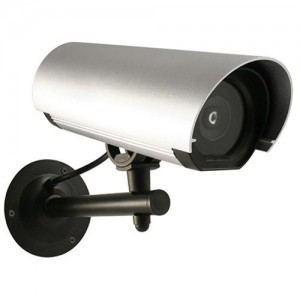CCTV is an acronym for closed-circuit television. CCTV differs from broadcast television in that it transmits its signal to specific monitors viewed by a group of private people and is not openly transmitted to the public. Even though CCTV is mostly known for its role as a security and surveillance measure in public spaces, its use is much broader. CCTV is also used in laboratories, as a linkup between schools, and to monitor production lines in factories. CCTV also plays a crucial role in rocket launches to record possible malfunctions.
CCTV were first used in Germany in 1942 by Siemens AG at Test Stand VII to observe the launch of V-2 rockets. Renowned German engineer, Walter Bruch, is credited for the design and installation of that very first CCTV system.
In South Africa, the proficiency of CCTV installations in the major cities of our country was thanks to the Cape Town 2004 Olympic bid. Realizing the negative perception our crime rate created and the threat it posed to the Olympic bid, the bids’ head of security, John Panberthy, was sent to Atlanta and London to inspect security methods being deployed in the two cities. Around the same time, several business institutions combined to form Business Against Crime on the instructions of former president Nelson Mandela. This body’s mandate was to finance projects and measures being undertaken to fight crime.
The coincidence proved timely and Panberthy’s recommendation for the installation of surveillance cameras in crime hotspots and areas with high volumes of traffic was financed by Business Against Crime. Even though the 2004 Olympic bid did not succeed, the installed CCTV became permanent and have helped expose crimes that could have almost certainly gone unnoticed or unsolved.
For all their popularity, CCTV in public areas remain a contentious issue in some countries. There are many people around the globe who believe that CCTV infringes people’s liberties, civil rights and privacy. However, in a county of South Africa’s escalating crime rate, and its seemingly overburdened criminal justice system, it’s an argument that is unlikely to find many supporters this side of the world.


